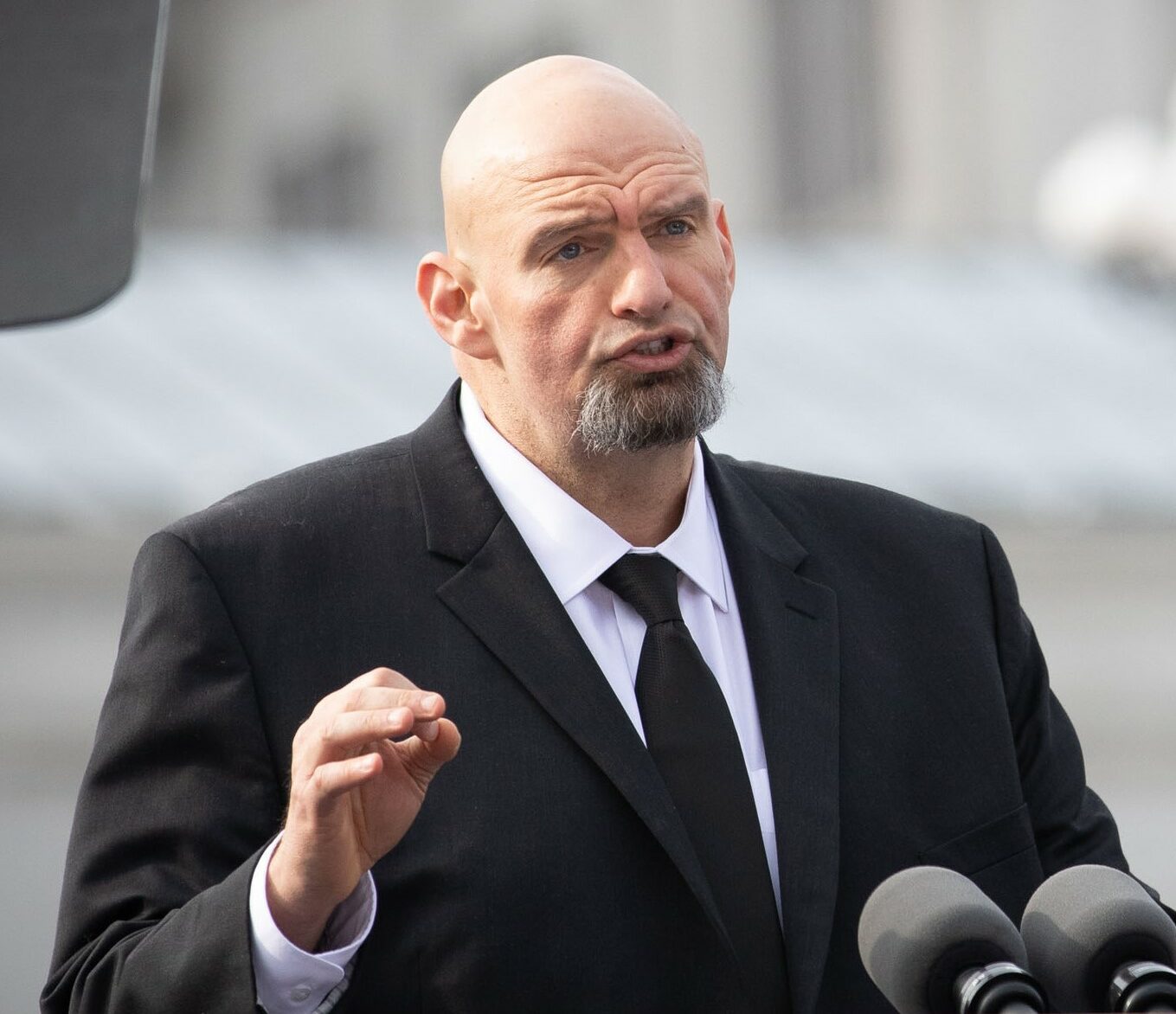The West Chester Area School Board voted 7-0 Monday to reject a proposed charter school, Valley Forge Classical Academy, the second time the WCAB turned down its application. The state legislature is now looking into changes to the charter school law that may make it easier for new charter schools to form in the face […]



